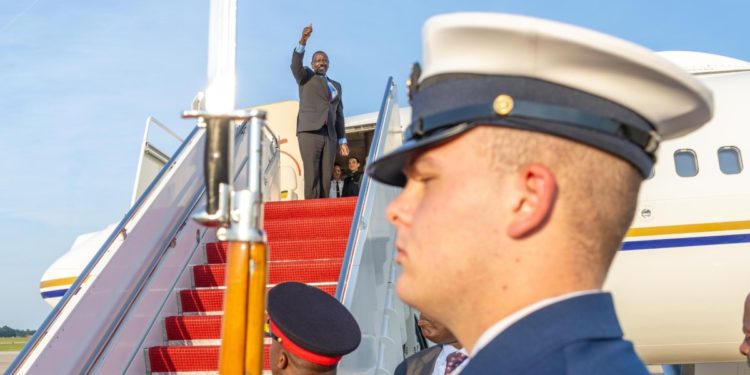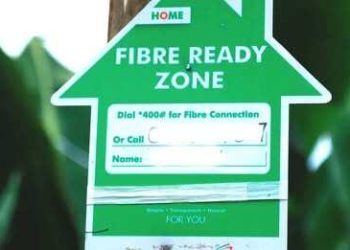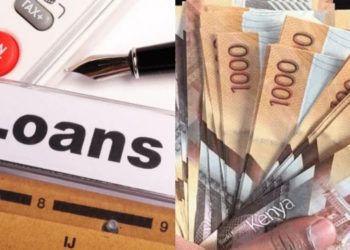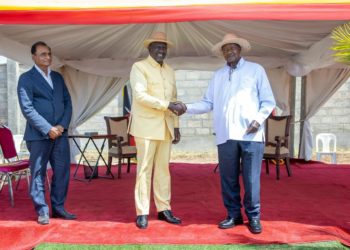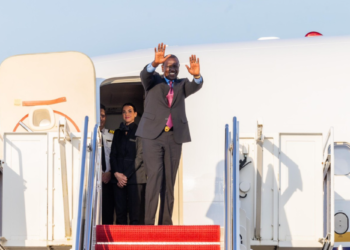Kenyan President William Ruto surprised the nation’s prayer breakfast audience by revealing his recent U.S. trip cost just KES 10 million, far below widespread speculation.
In his address, Ruto vowed financial prudence, pledging a balanced budget within three years and disclosing he instructed government agencies to slash recurring expenditures by 30%.
Delivering remarks at the National Prayer Breakfast in Nairobi, President William Ruto sought to quell public furore over the perceived high costs of his maiden U.S. visit last month. “Let me disclose here that it costed the Republic of Kenya less than 10 million [shillings],” he stated emphatically.
The President dismissed rumours citing figures as high as KES 200 million for the trip’s expenses. “I am not a madman,” he asserted, claiming the cheapest quoted private jet rate of KES 70 million was immediately rejected. “I told my office, ‘Go book Kenya Airways.'”
Ruto credited unnamed “friends” for ultimately providing the charter at the modest KES 1 million price tag. “When some friends of mine heard that I was going to travel…they said, ‘How much do you want to pay?’ I said I’m not ready to pay more than KES 20 million. They said, ‘Bring KES 10 million, we will give you the plane.'”
But travel costs were just one element of Ruto’s overarching emphasis on fiscal rectitude and accountability. He revealed having instructed heads of state corporations and parastatals to slash recurrent budgets by 30% in a bid to rein in spending.
“I was pleasantly surprised that each and every parastatal was willing to contribute to making sure that we live within our means,” Ruto told the prayer breakfast attendees. “They have actually reduced their recurrent budgets by 30%.”
The President underscored his administration’s commitment to financial discipline, even at the highest echelons of power. “My office and that of my deputy and that of my prime cabinet secretary, we have said we are going to start with ourselves. We must lead from the front, tighten up our belts,” he stated.
Ruto outlined plans to prioritize investment in productive sectors like agriculture, manufacturing and infrastructure to spur economic growth and create opportunities for ordinary Kenyans. Ultimately, he aims to eliminate the persistent budget deficits that have necessitated borrowing.
“My plan is that in three years we must have a balanced budget. We cannot continue to have a budget that has a deficit that before you begin, you have to borrow,” the President declared, calling for an end to the “debate” over his U.S. travel costs.


